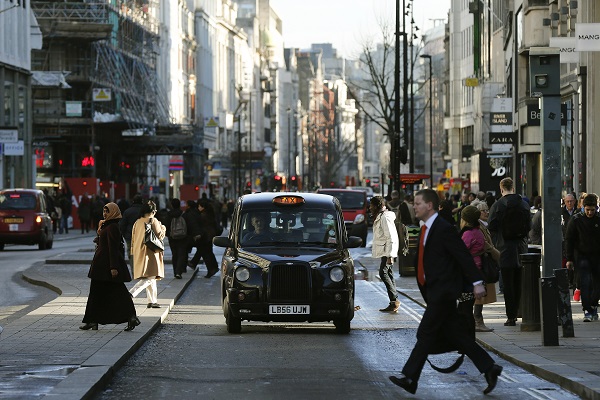UK Economy Enters Recession

The United Kingdom (UK) economy has fallen into recession.
It fell into recession during the final three months of last year, official figures show, after the economy shrank by more than expected.
Gross domestic product (GDP) – a key measure of economic activity – dropped by 0.3% between October and December.
That follows a fall between July and September. The UK is considered to be in recession if GDP falls for two successive three-month periods.
The figure will be a blow Prime Minister Rishi Sunak.
Growing the economy was one of five pledges he made in January 2023. Meanwhile, Chancellor Jeremy Hunt is less than three weeks away from unveiling his latest Budget.
Shadow chancellor Rachel Reeves said the data showed that Mr Sunak’s pledge to grow the economy was “in tatters”.
The government can use growing GDP as evidence that it is doing a good job of managing the economy. Likewise, if GDP falls, opposition politicians say the government is running it badly.
If GDP is going up steadily, people pay more in tax because they’re earning and spending more. This means more money for the government that it can choose to spend on public services, such as schools, police and hospitals.
Governments also like to keep an eye on how much they are borrowing in relation to the size of the economy.
Treasury sources have confirmed to BBC News that the chancellor is looking at a larger pencilled-in squeeze on public spending as a way to deliver tax cuts in the Budget on 6 March.
Forecasts for the public finances have materially deteriorated in recent weeks as interest costs on UK government borrowing has increased. Final decisions have not been made.






